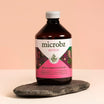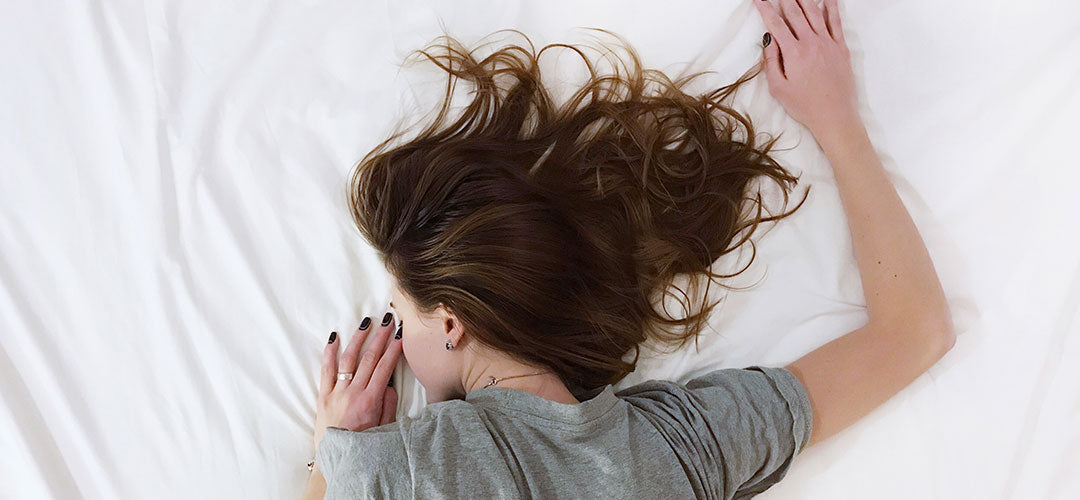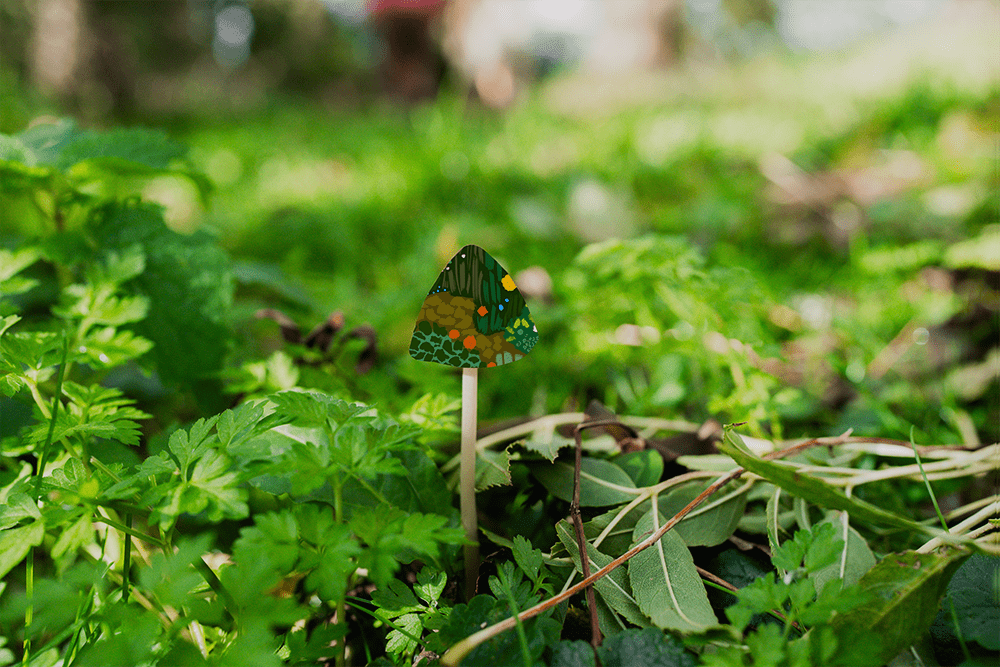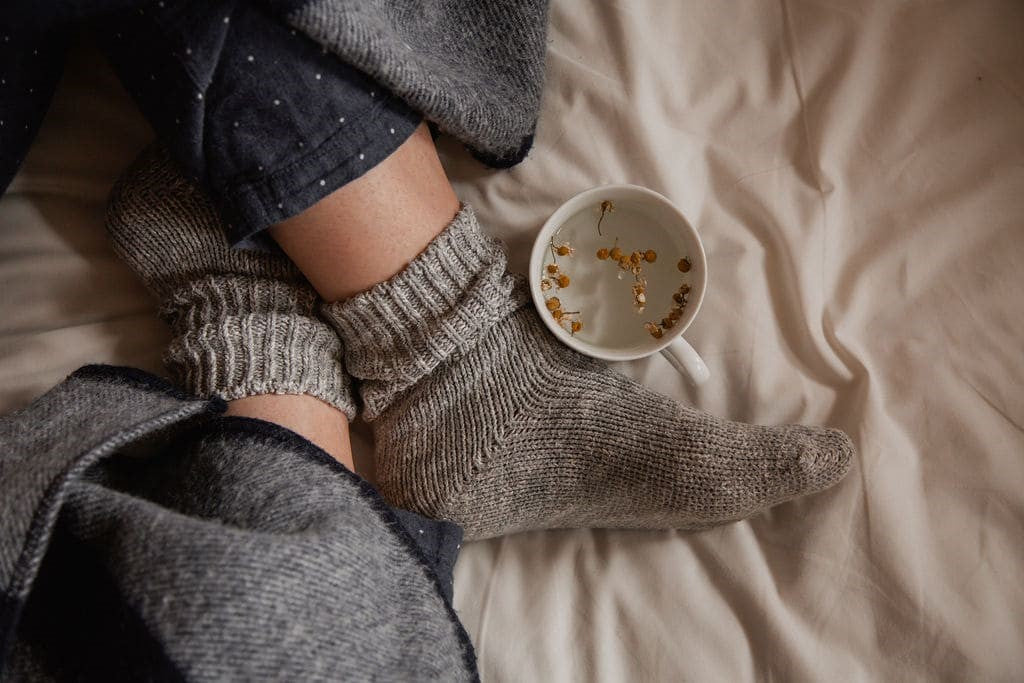Sleep is essential for recovery, renewal and rebalance. Your emotions, your immune system, your metabolism and your circulatory system all rely on a good night's sleep. But now research is emerging about the crucial link between a healthy gut and a good night's sleep. In fact "an increasing number of scientists are waking up to the idea of a link between the digestive system and problems with sleep,'' says Kate Leaver in the Guardian.
And so, we've teamed up with The Sleep Lovers, creators of a growing community helping us fall in love with sleep again, and together we bring you microbz sleep (previously Bio-Live Sleep). microbz sleep is a natural supplement designed to support healthy sleep through a healthy gut. It contains billions of bio live cultures and 10 carefully selected herbs to support a restful night's sleep.
What is the gut microbiome?
A microbiome is a community of different microorganisms and it includes bacteria, fungi, viruses and other tiny organisms. It sounds a bit disgusting but there is a constant symbiotic relationship between us and these little organisms that is vital to human life. In fact there are roughly 100 times more genes in the human microbiome than in the human genome.
The gut microbiome is the community of approximately 1,000 different types of microbes living inside your intestinal system. We are only just beginning to unlock some of the secrets about how these little creatures affect our lives and with that a strong connection between gut health and sleep is starting to emerge.
Tell me more...
It appears as though the amount of sleep you have directly impacts the quantity and quality of the microbes in your gut. In 2016 a study deprived 9 healthy men of sleep for two nights and found that there was a decrease in the types of beneficial bacteria in their gut - and we know diversity is key to health - and changes that are linked to obesity and type 2 diabetes.
This is exciting news. We already know that the types of food we eat affects the variety and quantity of various microbes but now we know that the type of sleep you get also has a big affect on these little critters.
Why is this important?
Mood: We already know that lifestyle choices can negatively or positively affect your microbiome, which in turn can affect your mood and your hormone production. Studies indicate that the health and balance of the gut microbiota has a significant influence over mood and our ability to cope with emotions. There is also a proven connection to the disruption to gut health and anxiety and depression, and we know that suffering with these conditions is a big part of insomnia and sleep disruptions.
Stress: Stress and the microbiome is also known to be a two way street with poor gut health increasing susceptibility to stress and stress having a negative impact on the health of your microbiota. Stress is an extremely common obstacle to healthy, sufficient sleep.
Pain: Studies link gut health to pain perception, specifically for visceral pain. An unhealthy microbiome appears to increase sensitivity to this form of pain. We know that sleep deprivation causes a huge decrease in pain tolerance and governments and dictators around the world still use sleep deprivation as a torture technique. On the flip side, we all know how difficult it can be to sleep when we are experiencing pain.
Hormones and neurotransmitters
Certain hormones are important in the sleep process, most notably - serotonin, melatonin, cortisol and adrenaline. Melatonin is the hormone most associated with the bodies preparation to sleep and on a molecular level it is very similar to the so called 'happy hormone', serotonin. Production of both are interrelated; serotonin is the precursor to melatonin production.
Science shows that good gut health is critical to the production of these hormones. For a long time scientists believed that melatonin was only produced in the brain but now they know it is also produced in the gut. Evidence suggests intestinal melatonin may operate on a different cyclical rhythm than the pineal melatonin generated in the brain and that the gut holds over 400 times more melatonin than the brain.
Deficiencies in melatonin have been linked to increased permeability of the gut - the so-called "leaky gut," - which is increasingly associated with a range of diseases. If good sleep is eluding you, why not try a probiotic?
Your gut has rhythm
Research is beginning to show a direct correlation between our gut health and our circadian rhythms, which are our natural cycles relating to sleep. We are just beginning to understand that the microbes within our gut have their own microbial circadian rhythms. We know that poor sleep and disrupted circadian rhythms can lead to poor health and increases in obesity, diabetes, cardiovascular disease and cancer. We are now beginning to discover that the microbes in our intestines are being affected by and affecting those very rhythms.
How can I make my gut healthier?
Take a probiotic! Try microbz sleep (previously Bio-Live Sleep) to help you balance the microbes in your gut and maintain diversity and health. You could also try our Magnesium Oil which relaxes the muscles and aids sleep, perfect for a bath before bed.
It's also important to keep active, eat lots of whole foods and vegetables, rather than too much processed food, and try some fermented foods like sauerkraut, kombucha, and yogurt.
We'd love to know how you get on so get in touch if you have any questions.







